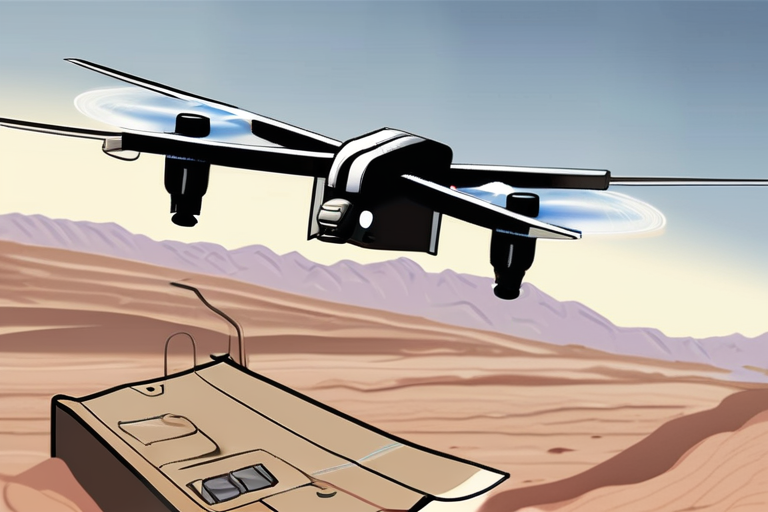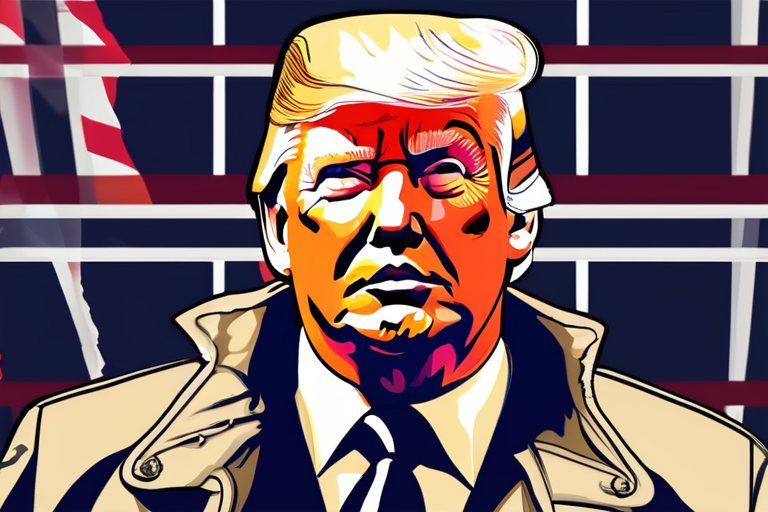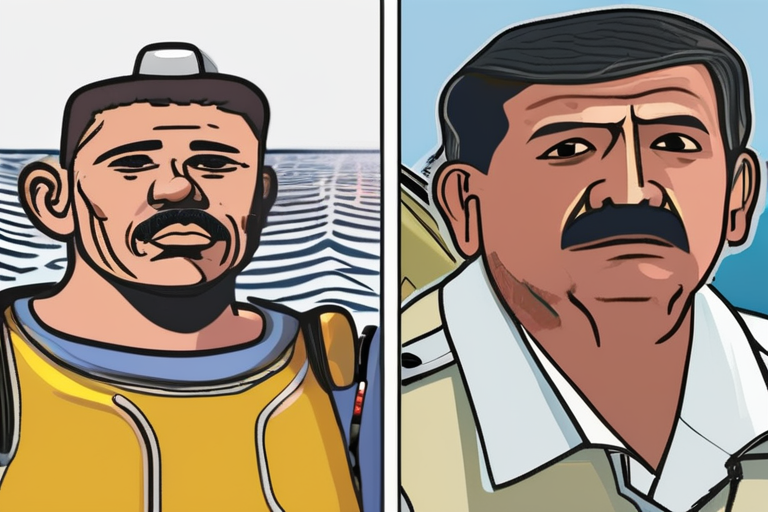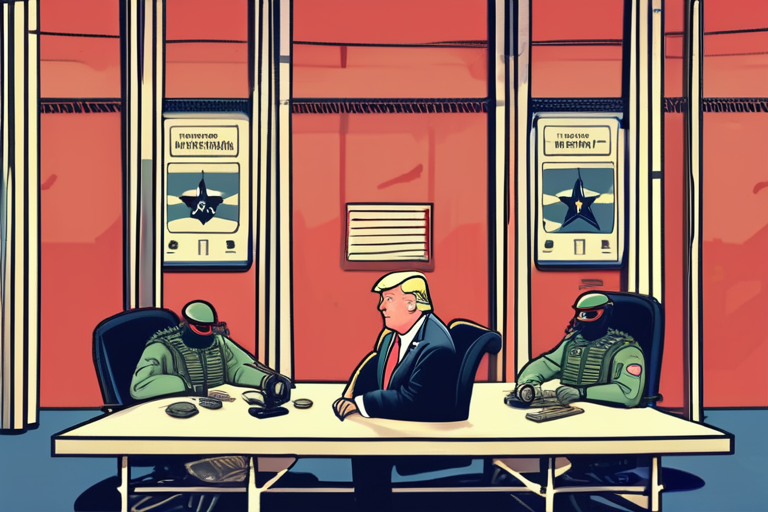Trump Administration Creates Dubious "Terrorist" Label to Justify Deadly Drone Strikes


Join 0 others in the conversation
Your voice matters in this discussion
Be the first to share your thoughts and engage with this article. Your perspective matters!
Discover articles from our community

 Hoppi
Hoppi

 Hoppi
Hoppi

 Hoppi
Hoppi

 Hoppi
Hoppi

 Hoppi
Hoppi

 Hoppi
Hoppi

Trump Administration Conjures Up New "Terrorist" Designation to Justify Killing Civilians In a move that has sparked international concern, the …

Hoppi

U.S. Drone Strikes on Venezuelan Boats Spark Debate Over Excessive Force In a move that has sparked controversy, President Donald …

Hoppi

Trump's Approach to Cartels Mirrors Global War on Terror, Officials Say In a striking parallel to the global war on …

Hoppi

Trump Administration Conjures Up New 'Terrorist' Designation to Justify Killing Civilians The Trump administration has introduced a new label, "designated …

Hoppi

BREAKING NEWS US Military Confirms Fatal Strike on Suspected Drug Smuggling Vessel The US military has carried out a fatal …

Hoppi

BREAKING NEWS U.S. Military Strikes Alleged Drug-Smuggling Boat, Killing Three September 20, 2026: In a statement released on social media, …

Hoppi